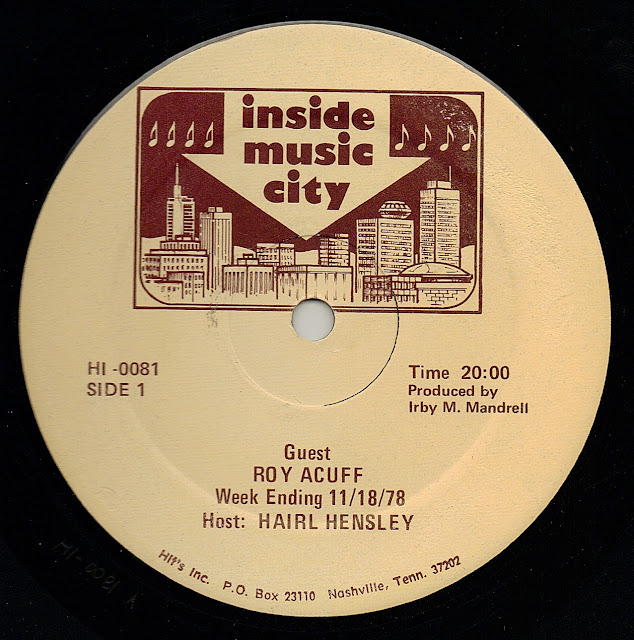Kurt Atterberg: Symphony No. 6 in C Major, Op. 31 (1928)
Berlin Philharmonic Orchestra conducted by Kurt Atterberg
Recorded in 1928, and issued as Deutsche Grammophon/Polydor 95193 through 95155 (single-sided numbers B 21115 through B 21120). If the 1948 Gramophone Shop Encyclopedia is to be believed, the set was still available twenty years later, even though the competing version (by Beecham on Columbia, made as a result of the prize this symphony had won - see below) had been deleted. The side and matrix information:
Side 1 (1424bm): First movement (Moderato), part 1
Side 2 (1425bm): First movement, part 2
Side 3 (1426bm): Second movement (Adagio), part 1
Side 4 (1427½bm): Second movement, part 2
Side 5 (1428bm): Third movement (Vivace), part 1
Side 6 (1429½bm): Third movement, part 2
The Grammophon labels and cover refer to this work as the "Preisgekrönte-Symphonie" - which is, of course, a reference to the fact that this was the prize-winning work in Columbia's Schubert Centennial contest of 1928. In English-speaking countries this work became known as the "Dollar" Symphony; Atterberg was awarded a prize of $10,000 (with which money the 41-year-old composer purchased his first automobile, a Model A Ford). This became Atterberg's most famous - and most notorious - work, because it was alleged that he had plagiarized the works of several different composers in writing it. In fact, he had already completed the first two movements before he even knew of the contest, and thus, only the Finale was influenced by the purpose of the competition, which was to write an orchestral work "in the Romantic spirit that animates Schubert's music." It is true that the first theme of the Finale contains a turn of phrase that recalls the "March to the Scaffold" movement of Berlioz' "Symphonie Fantastique" - which was duly pointed out by the press at the time - but none of the press seem to have caught the one actual quotation that Atterberg admitted to: a theme from the finale of Schubert's String Quintet in C Major!
Whatever the hullabaloo surrounding the work, at this distance it remains fresh, enjoyable, and fun, and contains a particularly beautiful slow movement. Atterberg's recording is, of course, contemporaneous with Beecham's with the Royal Philharmonic on Columbia, which was recorded on August 12, 1928. Since Deutsche Grammophon's recording ledgers were destroyed during the Second World War, we cannot know whether Atterberg's version was made before or after this date, but it is known that the German concert premiere of the piece was October 15, 1928, in Cologne, by the Gürzenich Orchestra under Hermann Abendroth.
Atterberg's Sixth Symphony is scored for 3 flutes (third doubling piccolo), 2 oboes, 2 clarinets, 2 bassoons, 4 horns, 3 trumpets, 3 trombones, tuba, harp, strings, timpani, and percussion (4 players): triangle, bass drum, side drum, cymbals, wooden box, and bells. The twp outer movements are in C major (although the opening of the first is in A minor); the slow movement is in E minor.
























